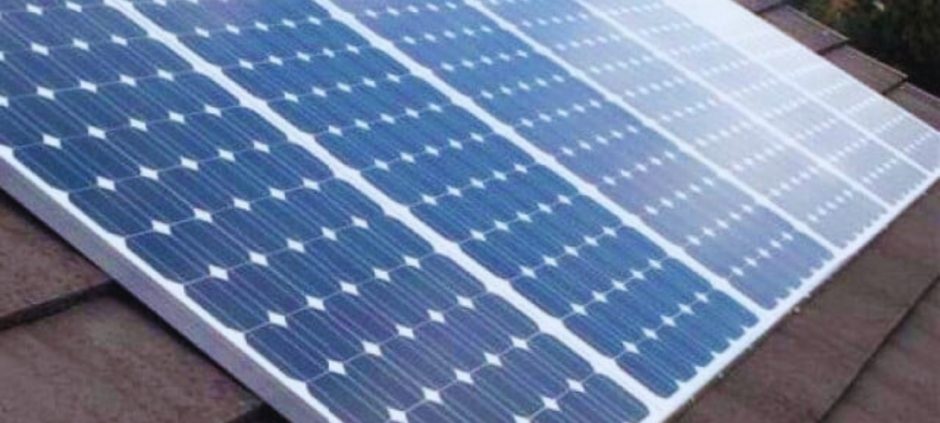The National Assembly and Senate finance committees have rejected the government’s proposal to impose an 18% sales tax on solar panels, fearing it could hinder Pakistan’s transition to renewable energy.
The decision was made during discussions on the Finance Bill 2025-26, which includes reforms aimed at expanding the tax net and improving enforcement. The National Assembly’s Standing Committee on Finance, led by Syed Naveed Qamar, unanimously opposed the tax, arguing that it would discourage solar energy adoption and hurt environmental goals.
Read More : Sindh plans to provide solar panels to 500,000 households
FBR Chairman Rashid Mahmood Langrial clarified that the tax would only apply to imported components for locally assembled solar panels, not fully imported ready-to-install systems. However, lawmakers remained unconvinced.
Finance Minister Muhammad Aurangzeb backed the committee’s stance, noting that solar panel prices have fallen, making them more affordable. He assured that the government would meet revenue targets through other measures, such as higher taxes on soft drinks and carbon emissions.
Key Developments:
- Anti-Fraud Measures: The committee reviewed stricter penalties for tax fraud exceeding Rs50 million, including possible arrests after three notices. Aurangzeb emphasized safeguards to prevent misuse.
- Subsidy Reductions: The government plans to phase out subsidies, including those for solar energy, to streamline fiscal policy.
- Tobacco & Auto Sector: Lawmakers warned against giving excessive powers to tax enforcers, fearing corruption. They also criticized the increase in sales tax on small cars (under 850cc) from 12.5% to 18%, calling it a burden on the middle class.
The discussions highlight the government’s challenge in boosting revenue without stifling economic growth or public welfare.











